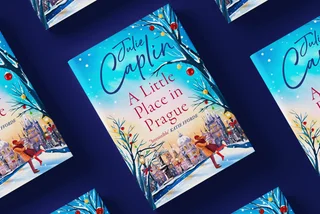Today we are celebrating Prague´s most neglected natural resource; the tourist. Not the beer-stained, money-belt wearing, common garden variety – we at Expats.cz prefer our readers awake. We are talking about the exceptional, the brilliant, and if possible, the garter-wearing. How did the city´s most famous visitors fill their hours, and what did they think of Prague?


